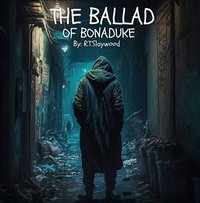 The Ballad of Bonaduke—
The Ballad of Bonaduke—
Episode 39: In The Dark
DETAILS: Series: The Ballad of Bonaduke, #39 Format: Kindle Vella Story Read Date: November 24, 2023

“You don’t remember?”
“Haven’t tried to yet. Everything hurts.”
Om came over and picked up a cane from next to the couch that I had failed to notice then handed it to me. “Probably for the best. Death is an experience most would want to forget.”
The Story So Far…
A drunken Michael Bonaduke decides to use a grift (with maybe some sort of magic/magic-like “help”) to win on a scratch-off lottery ticket so he has money to buy more to drink. He pulls off whatever he did, gets his money and some booze and stumbles off into the darkness to drink himself into oblivion so he can start again the next day. He’s hit by dark memories (probably what’s driving him to the drinking) of fire, pleading, and screaming. There’s going to be a price to pay for his grift, and he’s trying to be ready.
He’s abducted by some representatives of a mysterious group who subject him to a test—if he passes, everything will be explained to him (and hopefully the reader, too). He passes—and is brought somewhere for answers, or maybe training, or maybe another test. Time will tell (or things are going to get really annoying). Answers aren’t quick to come—but the mysteries and questions keep piling up.
Things get hairy and Bonaduke leaves and finds himself back in the neighborhood he started from. He takes refuge in a homeless encampment shortly before a police raid. He’s apprehended and finds himself an interrogation room and shortly escapes after using his grift (but with results he didn’t quite intend). He finds himself by a group of squatters who seem to have strapped a woman to a chair for reasons that can’t be good. He attempts to rescue her before he even realizes what he’s doing, and seems to have succeeded—well, the two of them got away from the group anyway—breathing but bruised. They make their way to a fast-food taco joint and Bonaduke really needs to refuel to keep going. He tries, but fails to get food because he keeps passing out. Thankfully, the clerk is the same guy from the liquor store and he both recognizes him and gives him first aid. The woman (Zero) wakes up and shows some abilities of her on as she helps them escape from her captors who’ve tracked her down. One thing leads to another—Zero and Bonaduke’s magics don’t mix well (at least until they understand what each other can do?), and they end up in a video-game race against the squatters in a tricked-out version of Eric (the clerk’s) car. Note, I said video-game race, not a video-game-style race. They’re actually in one. When dumped back into reality, he’s surrounded by bruised and broken bodies (of people and cars). And then he gets into a supernatural fight and survives…just.
Or maybe not.
What’s In The Dark About?
Bonaduke wakes up, not remembering being in the apartment—actually, he doesn’t remember much (see above). To say that he’s weak is an understatement—think Westley during his final confrontation with Humperdinck. Alan and Om are packing up and leaving the apartment, for reasons alluded to, but not fully explained.
Bonaduke mostly watches things, given his strength, and then gets to use his magic just a touch.
And that’s basically it.
Thank you, Mr. Slaywood!
The whole he/she thing about Zero is addressed briefly in a way that confirms I was right to be confused.
So, what did I think about In The Dark?
Yes, I’ve complained a bit in the past about these transition episodes. This one seems more blatant than usual—Slaywood is moving the saga from one section to another, being coy about the details (as per usual). I’m not going to do that this time.
This is a good point for the transition, particularly when it comes to the whole death thing. Isn’t that what the Death card represents in Tarot readings? (at least the ones I’ve seen in print and on TV say that). So let’s move (literally, for Alan and Om) to something else.
Now, if we’re not given more information about his coming back to life, why they’re moving, and what the ritual, etc. they referenced at the end of the episode are about soon. Then I’ll complain. But for now, let’s let everyone catch their breath and call it a good day.

![]()


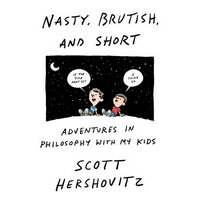

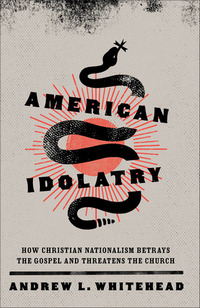
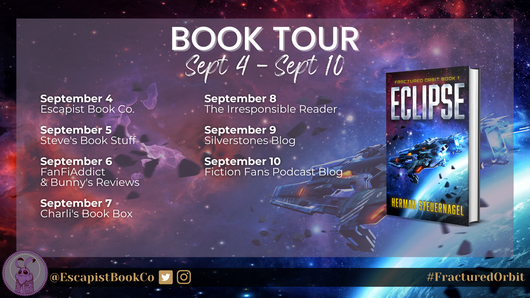


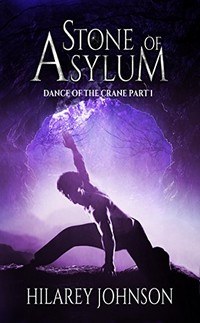


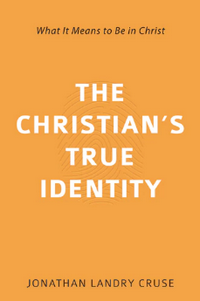

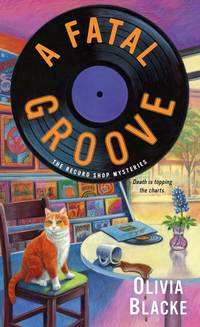
 The love triangle—it’s pretty tame and everything’s out in the open (both guys know she’s casually dating them both). While I think the right choice is obvious and it’s annoying that Juni doesn’t just make the right choice, it’s not at the “ARGH” stage most triangles get to.
The love triangle—it’s pretty tame and everything’s out in the open (both guys know she’s casually dating them both). While I think the right choice is obvious and it’s annoying that Juni doesn’t just make the right choice, it’s not at the “ARGH” stage most triangles get to.